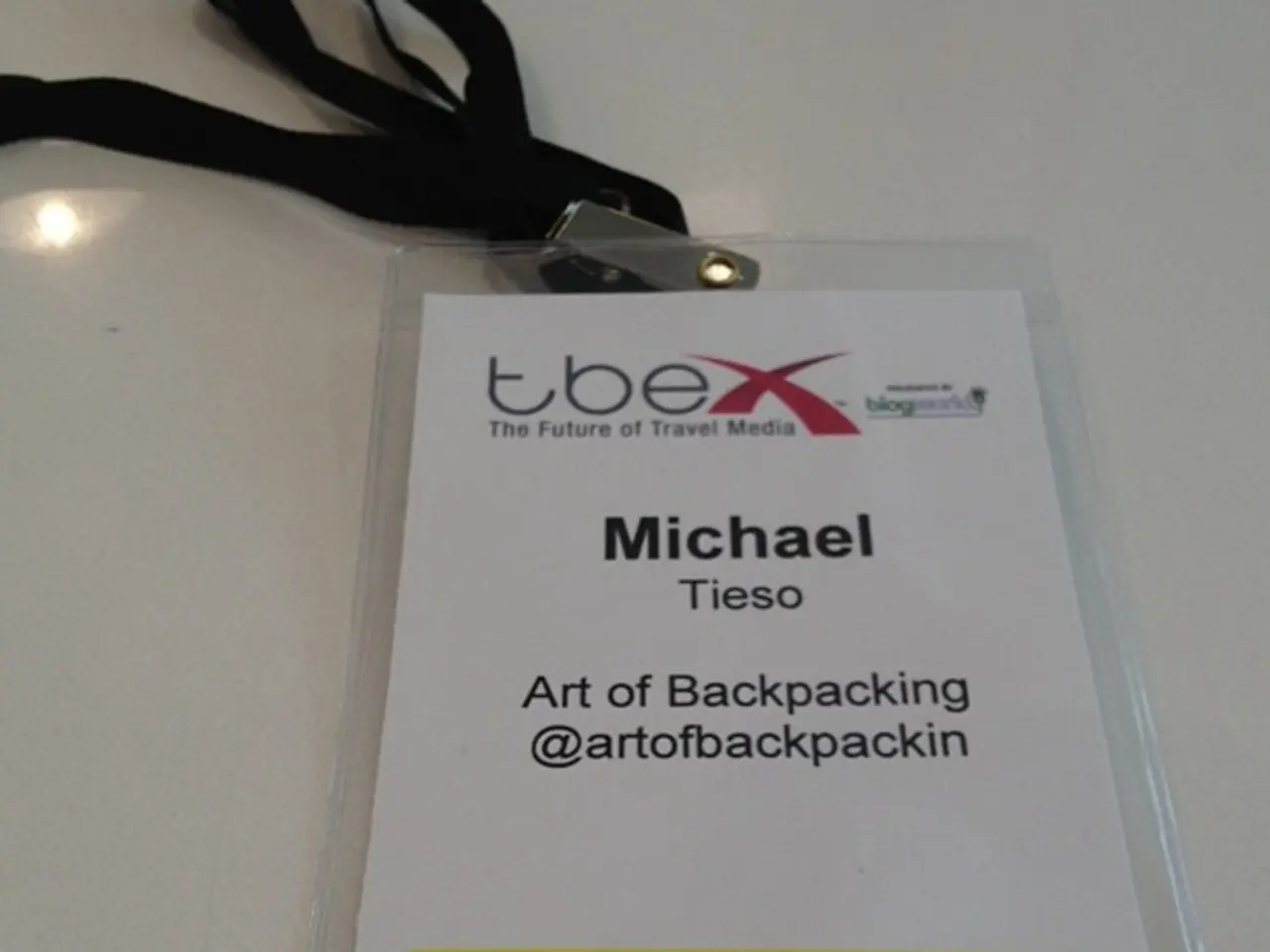AI-Driven Job Transformation: A Look at Employment Shifts and New Opportunities
In the rapidly evolving landscape of technology, Artificial Intelligence (AI) is making a significant mark. It's empowering individual contributors while making middle management increasingly obsolete, paving the way for a new era of business creation for entrepreneurs.
AI development tools are shaping the consumer age, creating new economic ecosystems and redefining the structure of organizations. The economy is experiencing a transformation due to AI, with new economic ecosystems being born.
According to recent analysis, AI's impact on employment in 2025 involves three major dynamics: displacement of jobs, restructuring of organizations, and value creation for top performers. Tens of thousands of jobs have been directly lost to AI-driven automation and generative AI technologies in the U.S., with estimates indicating between 300,000 to 500,000 job equivalents silently displaced so far this year. Globally, AI and automation threaten about 9–10% of jobs by 2025–2030, with 77 million jobs displaced worldwide but also creating 97 million new jobs — resulting in a modest net job gain of around 12 million globally.
Organizationally, AI leads to restructuring by reducing entry-level and junior roles, raising concerns about loss of mentorship, training, and workforce development within companies. Firms cutting these roles risk long-term drawbacks despite short-term cost savings, as AI automates routine tasks and forces a greater alignment of humans with machines. This restructuring often results in “jobless growth,” where productivity rises but labor participation declines, creating pools of discouraged or marginally attached workers.
However, AI also creates significant economic value and opportunities for top performers who acquire AI-related skills. Demand is growing for roles in AI development, cybersecurity, and sustainability, which require new competencies and offer high returns to workers who adapt effectively. The global economy could see a substantial uplift—AI is expected to contribute up to $19.9 trillion by 2030—driven by productivity gains and cognitive automation that reward skilled workers and innovators disproportionately.
In this AI age, managing the transition successfully demands widespread reskilling and strategic workforce planning to mitigate social disruption while harnessing AI-driven economic growth. The AI era emphasizes the importance of co-creation in value generation, and individual contributors who master human-AI collaboration will be the winners.
AI's influence leads to a bifurcated economy, with AI-augmented superstars capturing disproportionate value. The AI era requires new strategies for building effective teams. AI technology also offers a 56% wage premium for workers with AI skills.
Despite the potential for job displacement, particularly for routine workers, AI provides opportunities for job creation, particularly for those who can adapt to human-AI collaboration. The AI impact on organizations is more than just job replacement; it's fundamentally restructuring how they operate, making them leaner and flatter.
Understanding value creation and co-creation is crucial in the AI era. The winners will be visionaries who can imagine new possibilities faster than ever before and entrepreneurs who leverage AI for business creation. As we navigate this AI-driven future, it's essential to remember that while AI may displace some jobs, it also offers the potential for significant economic growth and opportunities for those who are prepared to adapt.
[1] McKinsey & Company. (2021). Jobs lost, jobs gained: What the future of work will mean for jobs, skills, and wages. [2] World Economic Forum. (2021). The future of jobs report 2020. [3] PwC. (2020). Artificial Intelligence: The European perspective. [4] Deloitte. (2020). The AI opportunity: Time to act.
- In the AI age, the emphasis is on co-creation for value generation, and individuals who master human-AI collaboration will be the winners.
- AI technology offers a 56% wage premium for workers with AI skills, making it a valuable asset in the rapidly evolving landscape of business management.
- Understanding value creation and co-creation is crucial in the AI era, as it will lead to significant economic growth and opportunities for those prepared to adapt.
- The AI impact on organizations is more than just job replacement; it's fundamentally restructuring how they operate, making them leaner and flatter, which could provide opportunities for career development in education and self-development.




